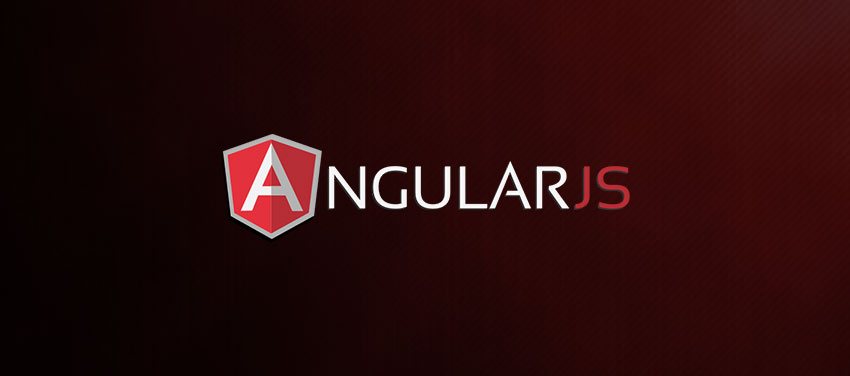Mon-Sun : 10.00AM-07.00PM

Angular is a dynamic and robust JavaScript-based development framework used to create Single Page Applications. This open source framework backed by Google is widely popular for creating dynamic apps as its data binding and dependency injection features significantly reduce the amount of code that needs to be written.
All students will learn to:
Syllabus Updates : We keep adding upgrading our syllabus every 6-12 months to accommodate for advancement. Some topics can be omitted from syllabus without prior notice as they might be redundant or not relevant to the batch being trained.




Register For Demo Lecture
